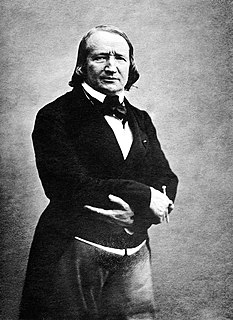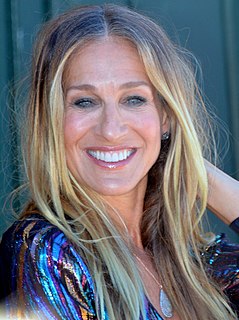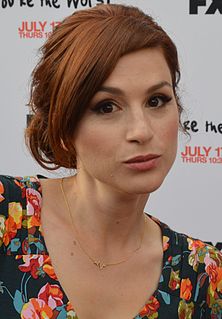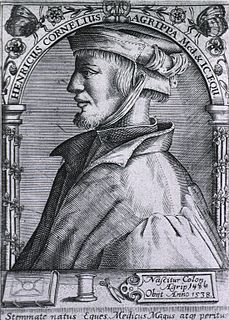A Quote by Alfred de Vigny
Of what use were the arts if they were only the reproduction and the imitation of life?
Quote Topics
Related Quotes
The arts were a big part of my childhood. We went to the theatre and opera a lot as a family. We were not at all wealthy, but it was at a time when the arts were publicly funded and there were free tickets available. For someone like myself who wasn't that academically inclined, it was a great escape.
I'm from a working-class family. We didn't have a lot, but we had the arts. You're talking to a guy who is making a living at doing what he loves doing - acting, singing and dancing. So any career ups and downs were not that significant to me; the only things that really powerfully impinged on me were my losses, and there were many in my life.
Fashion was the only law, pleasure the only pursuit, and the splendour of dress and furniture was the only distinction of the citizens of Antioch. The arts of luxury were honoured; the serious and manly virtues were the subject of ridicule; and the contempt for female modesty and reverent age announced the universal corruption of the capital of the East.
No wonder male religious leaders so often say that humans were born in sin—because we were born to female creatures. Only by obeying the rules of the patriarchy can we be reborn through men. No wonder priests and ministers in skirts sprinkle imitation birth fluid over our heads, give us new names, and promise rebirth into everlasting life.
My whole childhood, that made my skin curl. I was looking for something authentic. I think that drove me into the arts, I really do. That really did it. The only other thing that made me survive, as a human being, was getting into the arts. I was surrounded by people that were very bright and they invited you in. They were gracious. So, it gave me a great education.
At first he who invented any art that went beyond the common perceptions of man was naturally admired by men, not only because there was something useful in the inventions, but because he was thought wise and superior to the rest. But as more arts were invented, and some were directed to the necessities of life, others to its recreation, the inventors of the latter were always regarded as wiser than the inventors of the former, because their branches of knowledge did not aim at utility.
I majored in drama and theater arts at Columbia and was always in acting studio, but that was a liberal arts degree, not a bachelor of arts degree, so I didn't have a traditional conservatory training. There was a lot of reading and a lot of writing involved, and only about 30 percent of my classes were directly theater-related.
In less than a century after the barbarian nations settled in their new conquests, almost all the effects of the knowledge and civility, which the Romans had spread through Europe, disappeared. Not only the arts of elegance, which minister to luxury, and re supported by it, but many of the useful arts, without which life can scarcely be contemplated as comfortable, were neglected or lost.







































